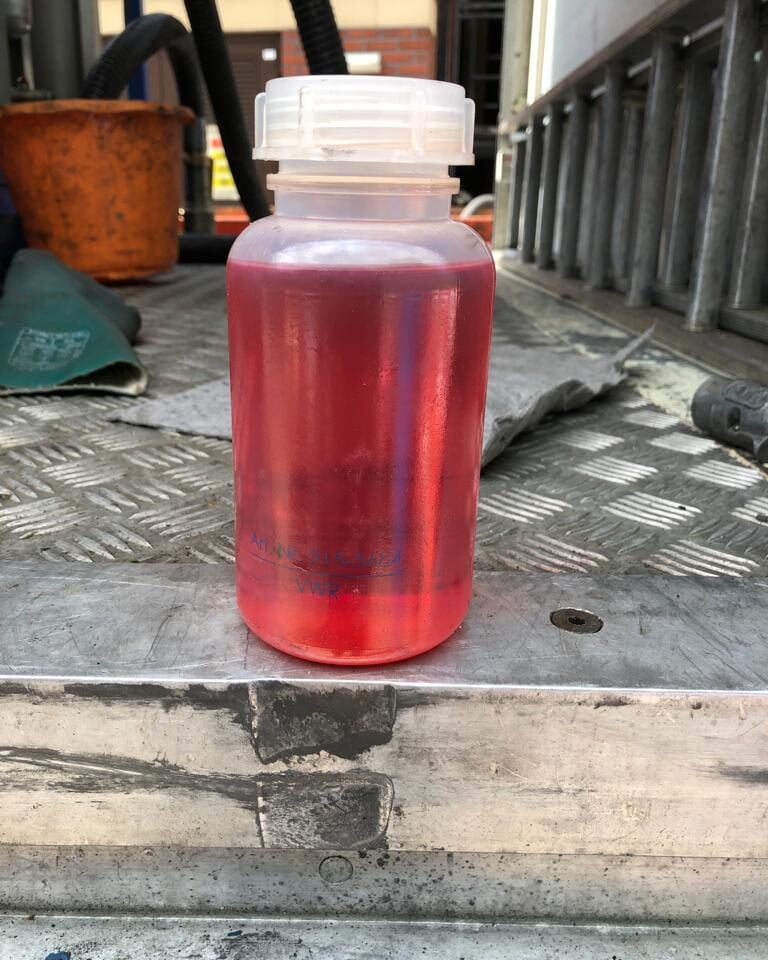
Fuel Sampling and Testing: The Time is Now
If you work with fuel, you know the struggle of keeping it up to specification.
Stored fuel that’s been left for longer than 6-12 months will, unfortunately, contain some amount of contamination. We all know that oil and water don’t mix, and fuel contains a small amount of it naturally. When stored in a tank, water can enter through the breather pipe or other fittings and with the weather temperature changing, condensation occurs inside the container. Fast forward a year, and your fuel can accumulate a substantial amount of H2O, also a layer of sludge from all the atmospheric dust, particles and bacteria growing within the tank, all unknowingly lurking at the bottom of your tank.
You may think this doesn’t affect you because maybe you’re not using your stored fuel daily.
Perhaps you’re using it for your backup generator, and electricity outages are not common in your area. Perhaps you haven’t checked it out in years, and you believe in ‘I’ll cross that bridge when I come to it’. Whatever your reasoning, neglecting your fuel health can have a detrimental effect on your business. And if you operate in a critical services sector, where technical functionality is essential, a single blackout and a malfunction of the backup generator can inflict irrevocable damage on your reputation, clients, and finances.
The easiest way to get around business downtime due to fuel negligence is to have your stored fuel regularly tested. Our team can collect a fuel sample from your tanks or equipment on a 6-month or 12-month basis. We’d then test the sample in an independent laboratory we partner with, to ensure that your results are legitimately confirmed from a third party.
The test results will tell us which grade your fuel is currently in, and we will then help you take the next steps towards improving its quality. Usually, the logical step that follows 2 to 4 is to have your fuel polished back to its original specification; when we come across a grade 5 we will then discuss options with you before attempting a filter, as sometimes it can be more cost-effective to uplift the contaminated product for recycling.
In cases where your fuel is heavily contaminated, we might need to perform a tank clean, as well. Otherwise, if we return your freshly cleaned fuel back to its dirty container, it won’t be long before you’re facing the same issue all over again. Our team will be able to tell you whether this is the case for you as soon as we know more about the condition of your fuel. Our friendly LCM engineers will talk you through all your options, and your dedicated project manager will be in touch to provide quotes, and guidance and answer any technical questions and concerns you may have.
We are happy to provide a one-time sampling and testing service of your fuel, as well as ad-hoc maintenance. If you’d rather have us take care of your fuel needs without you having to get in touch and book dates in advance, you can always sign up for our Planned Preventative Maintenance (PPM) services. We’d test your fuel and tank on the recommended time intervals and inform you if we’d need to take any further action to improve your fuel quality.
Contact our team to find out more or to book your consultation!
T: 0808 164 4570
E: hello@lcmenvironmental.co.uk
www.lcmenvironmental.co.uk

